News in Brief
-
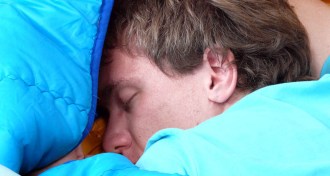 Neuroscience
NeuroscienceHints of how the brain “sees” dreams emerge
Nerve cells that make sense of visual input keep chugging away during REM sleep, suggesting that these cells may help a sleeper “see” dreams.
-
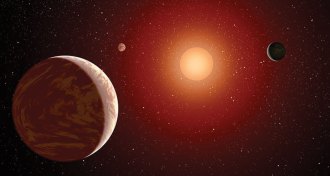 Astronomy
AstronomyFaint red stars can build water worlds drip by drip
Rocky planets around faint red stars have a hard time getting water, but they’re still probably the most common habitable locales in the Milky Way, new computer simulations suggest.
-
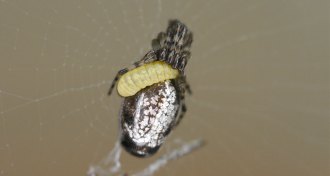 Animals
AnimalsParasitic wasp larva gets more than a meal from its spider host
Parasitic wasps coerce spiders to construct strong supports for cocoons.
-
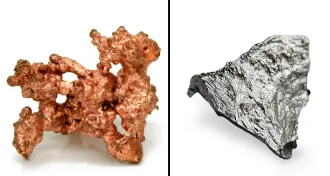 Materials Science
Materials ScienceBuckyballs turn on copper’s magnetism
Exposure to buckyballs bestows ironlike magnetic properties onto the normally nonmagnetic metals copper and manganese.
By Andrew Grant -
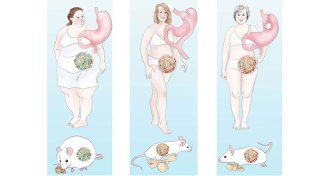
-
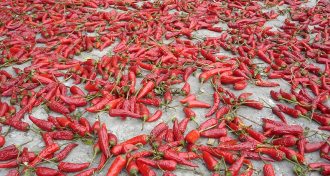 Health & Medicine
Health & MedicineSpicy food linked to longevity
Spicy food in the diet seems to contribute to longevity, a study of thousands of people in a Chinese registry finds.
By Nathan Seppa -
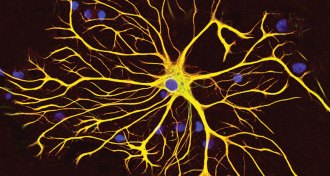 Neuroscience
NeuroscienceAstrocytes help speed up brain’s messages
Astrocytes may help speed nerve cells’ electrical messages.
-
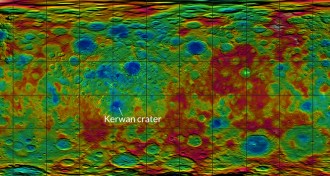 Planetary Science
Planetary ScienceMap of Ceres’ surface shows surprises
Clusters of craters on Ceres and smooth landscapes hint at an unusual past for the dwarf planet.
-
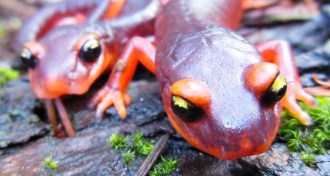 Animals
AnimalsWhere salamanders should be very afraid
Three zones of North America at high risk if the salamander-killing fungus disease Bsal invades.
By Susan Milius -
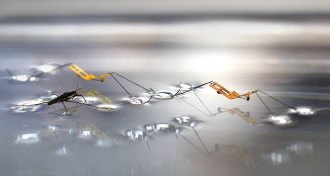
-
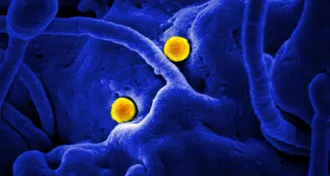 Life
LifeAntibody that fights MERS found
Scientists have isolated a human immune protein that fights the MERS virus in mice.
-
 Animals
AnimalsStinkbugs are color conscious when it comes to their eggs
P. maculiventris moms control the color of their eggs, seemingly pairing darker eggs with darker surfaces.